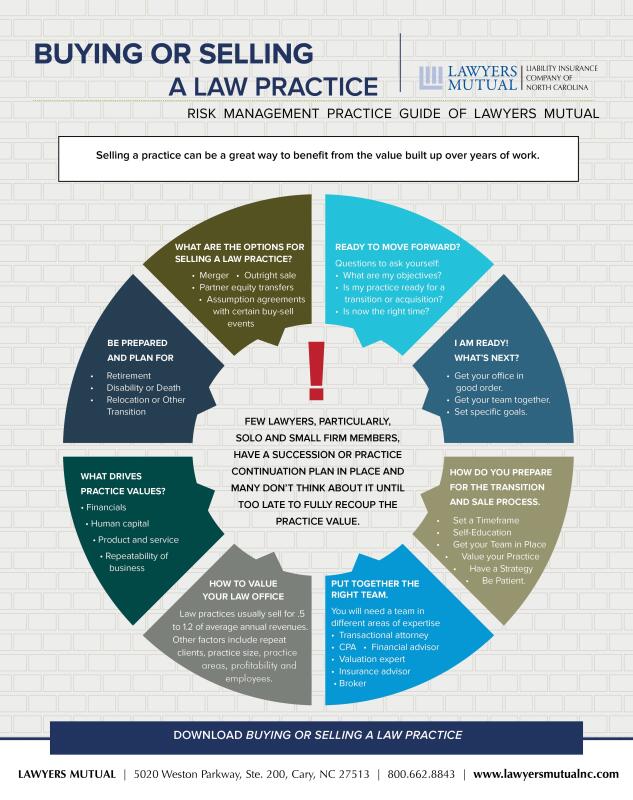Preparing For The Refine: The Timeline Surrounding A Common Separation Case
Preparing For The Refine: The Timeline Surrounding A Common Separation Case
Blog Article
Write-Up Author-Campbell Hedegaard
As you embark on the journey of navigating a divorce situation, you may find yourself questioning the timeline that exists ahead. From the preliminary phases of filing records to the complexities of negotiation and the possibility for a trial, each action holds its very own set of obstacles and unpredictabilities. Recognizing the sequence of events can assist you prepare for what's to come and anticipate the weaves that may emerge along the road.
Preliminary Filing and Service of Files
When starting the separation process, the very first step is the initial declaring of the essential documents with the court. This step formally starts the legal procedure and establishes the divorce situation in motion. You need to submit types that outline the premises for divorce, properties, responsibilities, income, expenses, and any other pertinent details required by the court.
After filing these papers, copies have to be served to your partner, notifying them of the divorce proceedings. This solution can be done via a process server, sheriff's office, or certified mail, making sure that your spouse is officially informed of the separation instance versus them.
Once the files are submitted and served, the court will offer an instance number and designate a court to manage the situation. It's essential to properly finish and file these papers, as any type of mistakes or noninclusions can delay the separation process.
This preliminary action lays the structure for the lawful dissolution of your marriage, noting the beginning of a possibly difficult however needed process.
Discovery and Arrangement Phase
During the Exploration and Negotiation Phase of a divorce instance, both events take part in gathering details and trading pertinent records to better understand each other's financial scenarios and other essential details. This stage is crucial as it sets the foundation for negotiations and prospective negotiation agreements. https://www.floridabar.org/the-florida-bar-news/solo-small-firm-section-bestows-annual-awards/ approaches such as interrogatories, requests for manufacturing of files, and depositions, each event aims to uncover truths, assets, financial debts, and various other important details that may affect the case's end result.
Settlements during this stage usually entail conversations on different problems like home division, child safekeeping, visitation routines, and financial support. Both events may deal with their lawyers to check out negotiation choices, possibly preventing the requirement for a trial.
Mediation or collaborative regulation procedures might also be used to facilitate productive discussions and get to mutually appropriate agreements. https://writeablog.net/dorie34garland/facing-legal-challenges-in-household-law-can-be-overwhelming-check-out to approach this phase with transparency, honesty, and a willingness to jeopardize to accomplish a smoother resolution and lessen the psychological and financial toll of a prolonged court fight.
Test and Final Resolution
Moving forward from the Exploration and Negotiation Stage, the Trial and Final Resolution stage notes the culmination of your separation case. This stage is where unsettled problems are brought prior to a judge to make final decisions on matters like property division, youngster custodianship, and assistance. The test generally involves providing evidence, witness testimonies, and legal arguments to support your case.
Throughout the trial, both events will have the opportunity to offer their placements and counterarguments. It's essential to be prepared, as the judge's choice will significantly impact the last result of your divorce.
Following the test, the judge will provide a final judgment that lays out the terms of the separation, consisting of any kind of economic negotiations and custodianship plans.
As soon as the judgment is provided, the separation is wrapped up, and both celebrations are legally bound by its terms. While the test stage can be demanding and psychological, it's a required action in the direction of getting to a last resolution and progressing with your life post-divorce.
Conclusion
In conclusion, navigating a separation situation involves a series of steps from submitting first files to reaching a final resolution. Comprehending the timeline of events can help you get ready for what to expect throughout the procedure. By being aggressive, seeking legal support, and staying notified, you can navigate the complexities of divorce procedures with self-confidence and clarity.
